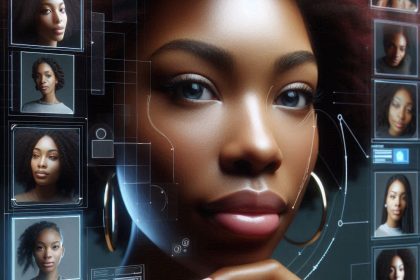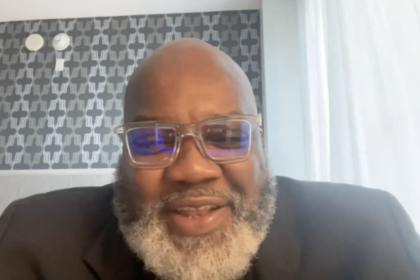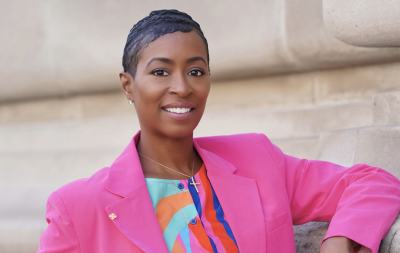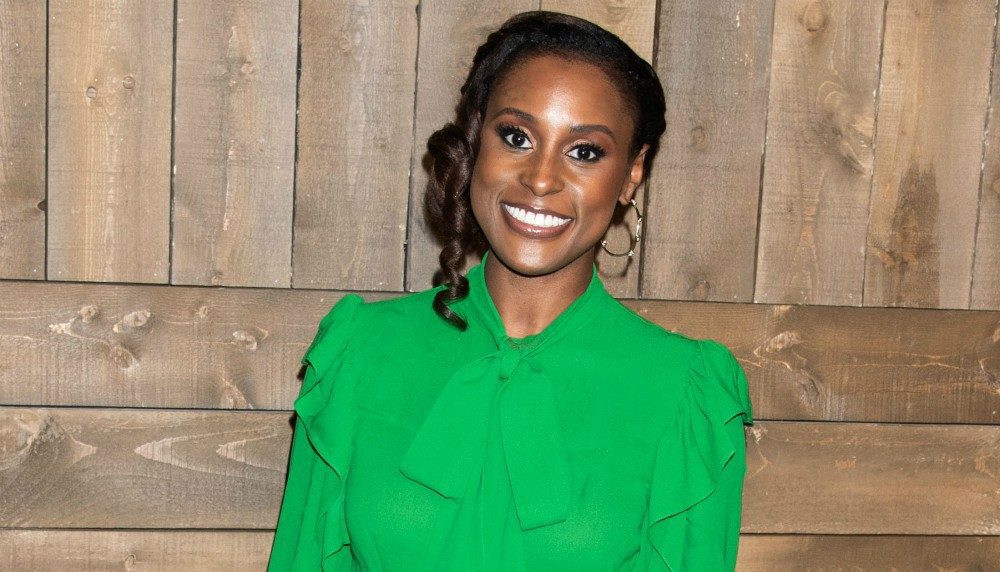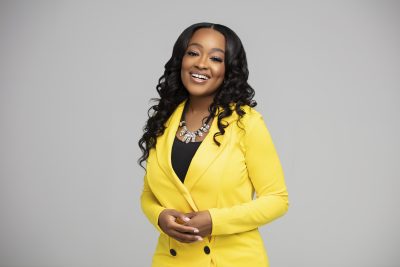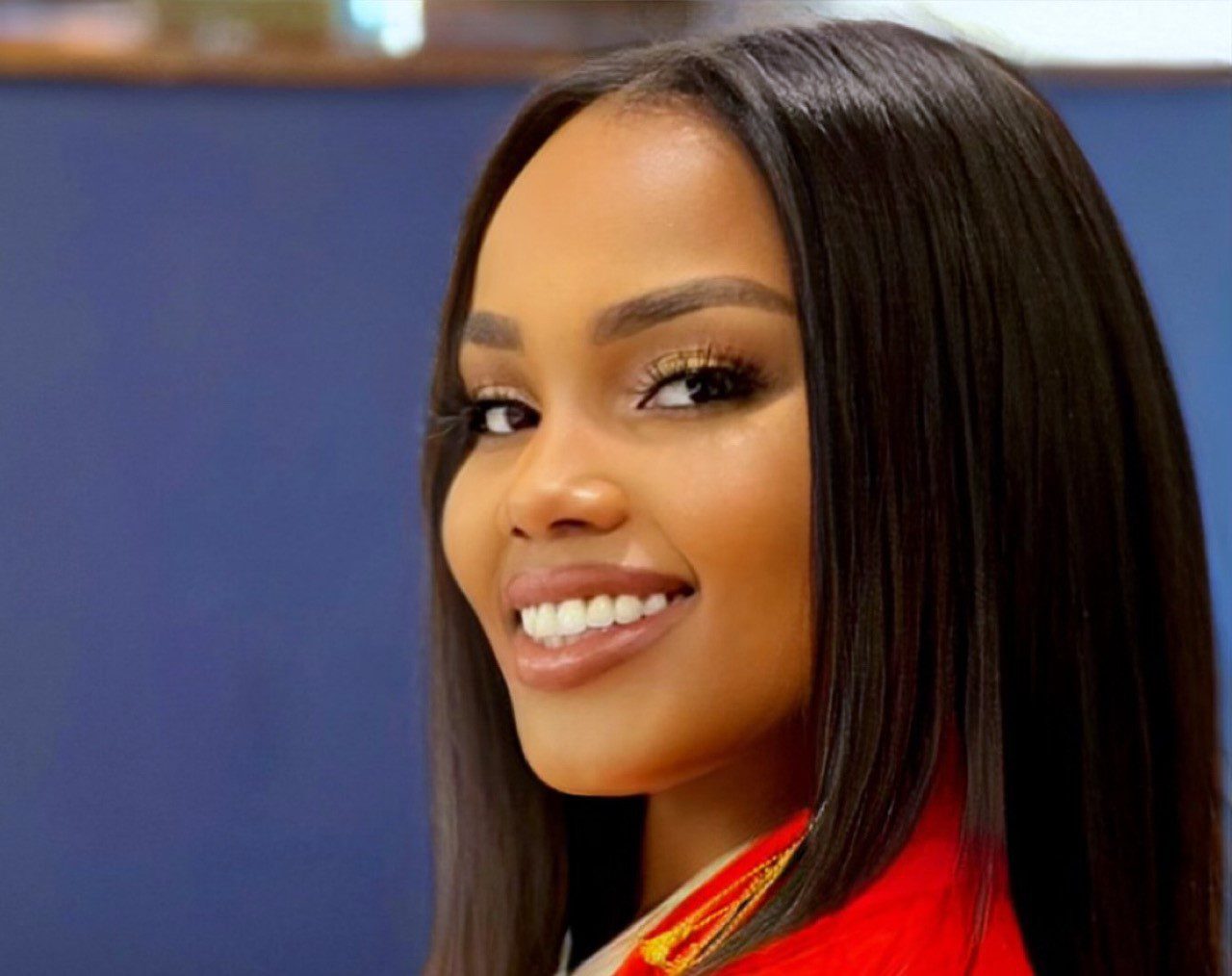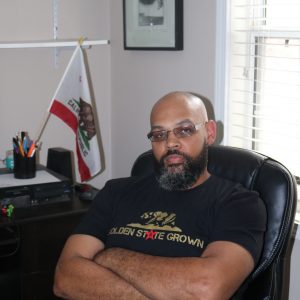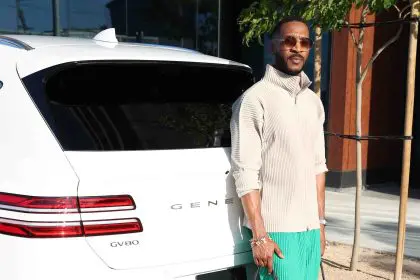Please tell us about your role.
The key responsibility for our group is to create the marketing strategy for the new vehicles that we have coming out.
So any of the major changes that we have and the all-new vehicles that we have, our group is responsible for writing that marketing strategy for that vehicle. And then leveraging that strategy with all of the different stakeholders within the Lexus division and around the company.
So PR, the digital marketing team, the advertising team, the training team, any group that’s going to have some connection to this new vehicle, we share that strategy with them so that whatever they create can stay true to that strategy.
The other key responsibility that we have is what we call lifecycle management. [At] the beginning of this year we launched the Lexus UX. Our team is working with Japan to determine, what changes [we are] going to develop for that vehicle? The final two pieces would be pricing support … Lexus motorsports marketing, and then marketing for our connected vehicle technology.
How has digital marketing changed programs and campaigns in your 24 years with the company?
That’s a really good question. There are certain elements of marketing that have remained consistent. With digital marketing, you can be a lot more focused [and] targeted to an audience. It also allows you to do much more in-depth storytelling about your product or your technology.
How important are multicultural agencies to advertisers?
I think it’s really important. We have multicultural agency partners that we’ve been working with for years. Walton Isaacson, for Blacks, Hispanics … LGBTQ, we have been working with them for years, and IW for our Asian audience. What that allows you to do [is] make sure that you’re speaking to that audience in an authentic way, in an authentic voice.

